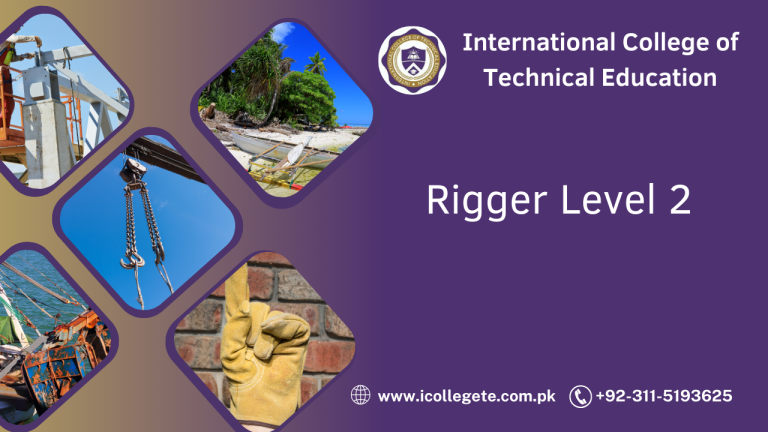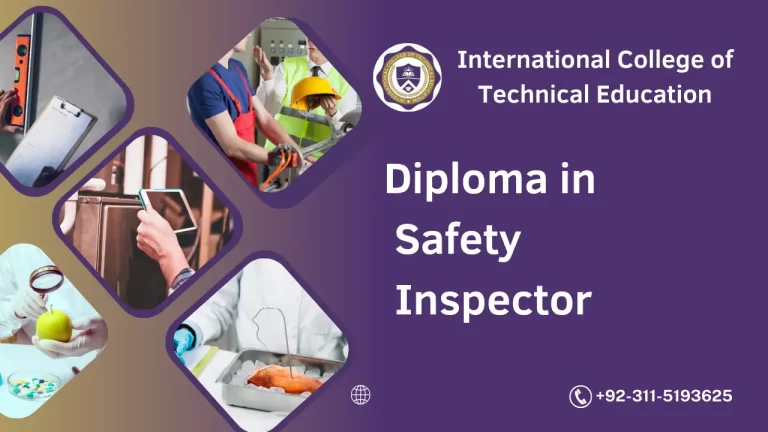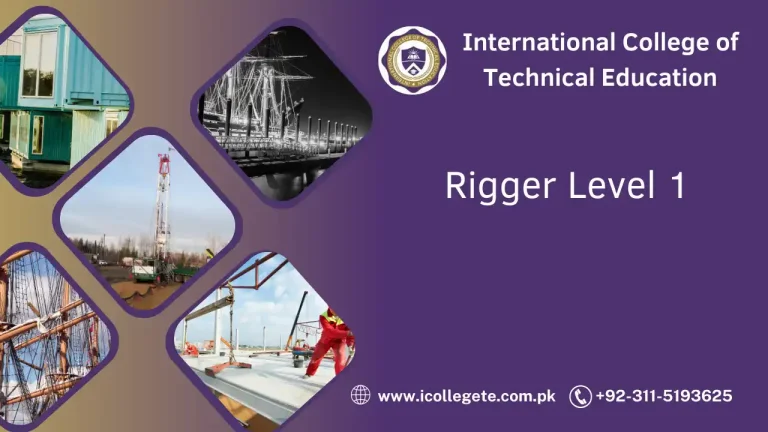In the construction and civil engineering industries, a surveyor plays a pivotal role in ensuring the accuracy and precision of design and construction projects. Surveyors provide essential measurements and data to guide planning, design, and construction processes. If you’re considering a career in this field, enrolling in a Civil Surveyor Course in Sialkot can help you acquire the technical skills and practical knowledge needed to excel in this profession.
The Civil Surveyor Course in Sialkot is designed to equip students with the necessary skills to become proficient surveyors in the civil engineering and construction sectors. Surveying is a critical part of any construction project, ensuring that all measurements are accurate, and the work is done in compliance with architectural plans and legal regulations.
This course provides a comprehensive foundation in civil surveying, focusing on the use of modern surveying equipment and software to perform tasks like land measurement, boundary delineation, and site planning. By completing the course, you will gain hands-on experience and a deep understanding of the surveying processes that are essential in civil engineering projects.
Course Overview
The Civil Surveyor Course in Sialkot offers a well-rounded approach to surveying, combining both theoretical knowledge and practical skills. Students will learn to operate surveying instruments, understand measurement techniques, and gain expertise in analyzing data to provide crucial information for construction projects.
The course is designed for individuals aiming to become professional surveyors, working in fields such as land surveying, road construction, bridge design, and other civil engineering applications. Whether you want to work with private firms, government agencies, or on large-scale infrastructure projects, this course prepares you for a successful career as a civil surveyor.
Key Topics Covered:
- Introduction to Surveying and Its Importance
- Surveying Instruments and Equipment
- Surveying Techniques and Methods
- Measuring Angles, Distances, and Elevations
- Land and Boundary Surveying
- Topographic and Construction Surveying
- GPS and Remote Sensing in Surveying
- Surveying Data Analysis and Software
- Legal and Ethical Aspects of Surveying
- Practical Surveying Projects
Study Units
The Civil Surveyor Course in Sialkot is divided into well-structured units that cover essential topics, from basic concepts to advanced surveying techniques. Here’s a detailed breakdown of the study units:
1. Introduction to Surveying and Its Importance
- Overview of surveying and its role in civil engineering.
- Types of surveying: land, topographic, and construction surveying.
- The history and evolution of surveying practices.
- Overview of a surveyor’s responsibilities in construction and infrastructure projects.
2. Surveying Instruments and Equipment
- Introduction to the tools and instruments used in surveying: total stations, theodolites, levels, and GPS devices.
- How to set up and calibrate surveying instruments.
- Safety protocols for handling surveying equipment.
- The importance of choosing the right equipment for different tasks.
3. Surveying Techniques and Methods
- Basic principles of surveying: measuring distances, angles, and elevations.
- Field techniques: triangulation, traversing, and leveling.
- Understanding vertical and horizontal control in surveying.
- Advanced techniques: angle and distance measurement, total station use, and laser scanning.
4. Measuring Angles, Distances, and Elevations
- Introduction to the measurement of angles and distances in land surveying.
- Methods for determining elevation differences (leveling).
- How to use different instruments for accurate measurements (e.g., theodolite, tape measure, laser distance meters).
5. Land and Boundary Surveying
- Techniques for determining property boundaries and land divisions.
- The importance of understanding legal boundaries and land ownership rights.
- Surveying for land subdivision, land transfer, and property development.
- How to prepare land surveys and legal documents.
6. Topographic and Construction Surveying
- Understanding topographic surveying and its application in construction.
- How to map contours and identify terrain features.
- Surveying for road construction, bridges, and infrastructure projects.
- The role of surveyors in construction planning, layout, and execution.
7. GPS and Remote Sensing in Surveying
- Introduction to GPS technology and its applications in surveying.
- The use of satellite technology for precise measurements.
- Remote sensing tools for large-scale projects, such as mapping and monitoring.
- The integration of GPS and GIS (Geographic Information System) in modern surveying practices.
8. Surveying Data Analysis and Software
- How to analyze surveying data for accuracy and precision.
- Introduction to surveying software for data processing, such as AutoCAD and Civil 3D.
- Understanding mapping and plotting techniques.
- Data visualization and presenting survey results in a clear and professional manner.
9. Legal and Ethical Aspects of Surveying
- Understanding land laws and regulations related to surveying.
- Ethical considerations and professional conduct for surveyors.
- The role of surveyors in providing legally recognized boundary determinations.
- How to maintain integrity in survey data and reporting.
10. Practical Surveying Projects
- Hands-on practice with surveying tools and real-world scenarios.
- Completing surveys on-site under instructor supervision.
- Collaborative group projects to enhance practical surveying skills.
- Learning how to prepare and present survey reports.
Learning Outcomes
By the end of the Civil Surveyor Course in Sialkot, students will:
- Gain an in-depth understanding of surveying principles and practices.
- Be able to operate and maintain various surveying instruments and equipment.
- Develop proficiency in performing land, topographic, and construction surveys.
- Master techniques for measuring angles, distances, and elevations accurately.
- Understand how to create and interpret land and boundary surveys.
- Be proficient in analyzing surveying data and using software tools like AutoCAD and GIS.
- Have a solid grasp of legal, ethical, and professional standards in surveying.
- Be capable of handling real-world surveying projects and creating comprehensive reports.
Course Benefits
The Civil Surveyor Course in Sialkot offers several key benefits to students:
- Practical Skills: The course provides hands-on training with modern surveying tools and real-world surveying scenarios.
- Comprehensive Curriculum: Students gain a broad understanding of the theory and practice of surveying, ensuring they are well-prepared for a variety of roles.
- Industry-Relevant Expertise: Surveying is a crucial aspect of civil engineering and construction, and this course prepares students to meet the high demand for skilled professionals in the field.
- Job Opportunities: After completing the course, graduates are eligible for employment in construction companies, civil engineering firms, land development agencies, and government organizations.
- Career Advancement: The course helps you develop expertise that can open doors to higher-paying roles and specialized areas within surveying and civil engineering.
Who is This Course For?
The Civil Surveyor Course in Sialkot is ideal for:
- Aspiring Surveyors: Individuals who are interested in pursuing a career as a surveyor in the construction, real estate, or civil engineering industries.
- Civil Engineering Students: Those studying civil engineering who wish to specialize in surveying or enhance their knowledge in this field.
- Construction Professionals: Individuals already working in construction or project management who want to add surveying skills to their expertise.
- Entrepreneurs: People looking to start their own surveying business or consultancy.
- Career Changers: Those from other technical or engineering backgrounds seeking a career shift to surveying.
Future Progression
After completing the Civil Surveyor Course in Sialkot, graduates have a wide range of career paths to explore, including:
- Surveying Technician: Work as a technician in land surveying, topographic surveying, or construction surveying.
- Land Surveyor: Specialize in property boundary surveys, land subdivision, and real estate development projects.
- Project Surveyor: Work on large-scale construction projects, providing surveys for roads, bridges, and buildings.
- Surveying Consultant: Provide expert advice on surveying-related issues for private clients or government agencies.
- Surveying Business Owner: Start your own surveying firm, offering services in land development, construction, or real estate.
- Advanced Surveying Certifications: Further specialize in areas like GIS, remote sensing, or cartography through advanced courses and certifications.
- Supervisory or Managerial Roles: With experience, transition into roles where you manage survey teams or oversee large projects.
The Civil Surveyor Course in Sialkot is an excellent opportunity for anyone interested in becoming a skilled and knowledgeable surveyor. This comprehensive course equips you with the tools, techniques, and insights needed to succeed in the civil engineering and construction industries. By the end of the course, you’ll be ready to take on surveying projects with confidence and professionalism, contributing to the successful completion of construction projects.
If you’re ready to start your journey as a civil surveyor, enroll in the Civil Surveyor Course in Sialkot today and take the first step toward a rewarding career!







